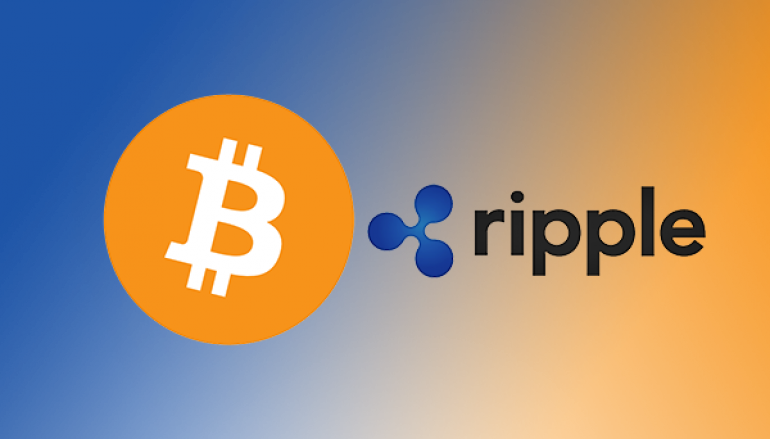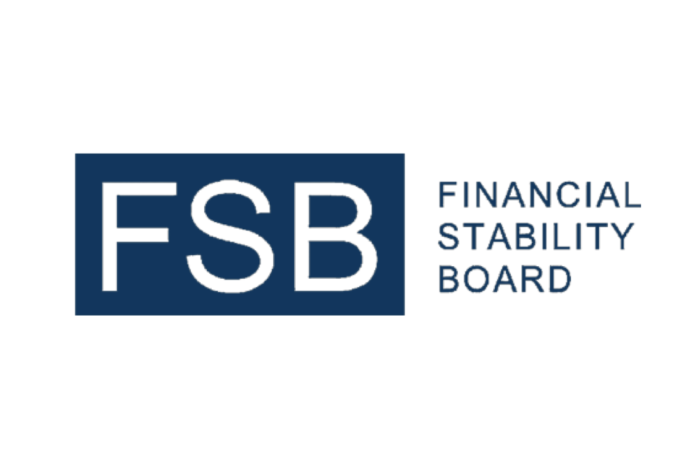
Bitcoin And Ripple, Reshaping Finance World
WIRED: Stefan Thomas, chief technology officer of Ripple Labs, wants to build something he calls the “internet of value”. “By value we’re talking about money but were also talking about stocks and bonds… intellectual property… anything you can think of that might have value,” he tells the audience at WIRED Money.
When the web was first created, he says. “You were asking servers to do stuff on your behalf”. The server has to do that thing you asked of it, but the server won’t do it for free At the time they imagined in the future there would be an extension into http that would facilitate these payments — make them smooth.. “We believe this point in the future has finally come,” says Thomas.
The question for those entering this space, says Thomas, is whether or not you work with the banks. “We really need to work with the banks very closely because that is where the lowest rate of funds is.” Ripple can lower those costs even further. “I get more excited the lower the fee gets,” he says, which is in direct contrast to everyone else. People start to get less and less excited if the price sinks below the cost of sending a letter, because they are already paying so little by that point anyway. Read the full article
TECHCRUNCH: In a world of decreasing size and rapidly increasing technological development, the financial sector needs to keep up at the same pace. While physical supply chains have improved to keep track of the digital world, the financial supply chain has not kept pace.
The race toward real-time financial services involves a wide array of stakeholders and possibilities, ranging from common standardization to re-engineering underlying processes and protocols through blockchain technology.
So far, much of the hype in fintech is concentrated around the front-end through P2P-payments like Venmo, Facebook Pay and Snapcash, as well as mobile payments like Apple Pay/Wallet and Android Pay. These solutions change the dynamics of the customer interface, but are mainly built on existing infrastructures (either the banks or the card networks). However, in a world where physical goods can be delivered within the same day, expectations for real-time payments are rising. Read the full article
Read also:
WIRED: Bitcoin innovations will come from developing countries
WIRED: Andreas M. Antonopoulos: ‘Bitcoin is punk-rock, you can’t control it’
TECHCRUNCH: In another sign that the Bitcoin and the Blockchain are becoming a platform for the long term, BitFury, the Bitcoin Blockchain infrastructure provider and transaction processing company, has secured $20 million in funding from investors including DRW Venture Capital, iTech Capital and the Georgian Co-Investment Fund.
Among other things, Bitfury offers the HexFury, a USB mining rig with six small semiconductors (ASICs). These mine bitcoin very efficiently.
The company recently rolled out its 28 nm chip and acquired Allied Control, an immersion cooling technology startup. It’s also building a ‘Techno Park’ to host its new 100 MW data center in the Republic of Georgia.





